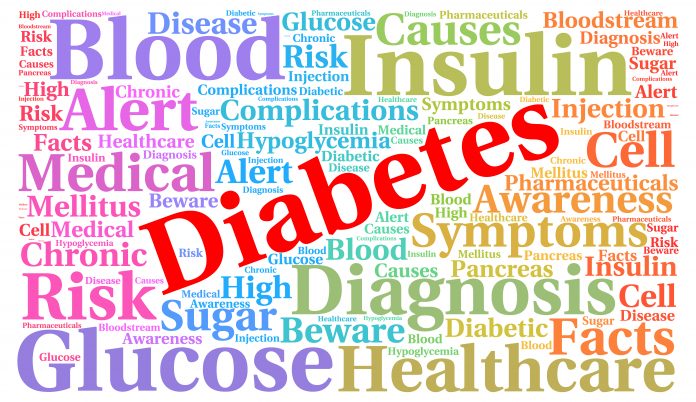Diabetes is a growing epidemic in North America. It’s a serious and sometimes debilitating illness, in which the body cannot produce insulin, or properly use the insulin it does produce. Research shows that one in five people over the age of 65 are being diagnosed with diabetes, with 11 million Canadians suffering from its effects daily. These numbers are startling, given that people with diabetes are more likely to develop other serious illnesses such as dementia, heart disease and stroke. For seniors who are already battling long-term health conditions, a diabetes diagnosis can be a double or triple whammy, resulting in a lot of additional stress. Many people have pre-diabetes and aren’t even aware so knowing diabetes signs is important.
What Are Diabetes Signs and Symptoms?
Contact your healthcare provider if you have any of these symptoms. He or she can test the amount of glucose in your blood and address any concerns you may have.
- Weight loss or gain
- Unusual thirst
- Blurred vision
- Tingling in hands or feet
- Cuts that are difficult to heal
- Lack of energy
- Frequent urination
What Are the Types of Diabetes?
Type 1 diabetes (formerly known as juvenile diabetes) occurs when the body destroys the cells that release insulin, eventually eliminating insulin from the body. The body needs insulin to use as sugar as an energy source. Symptoms generally start in childhood or young adulthood and it’s not preventable.
Type 2 diabetes (formerly known as non-insulin diabetes) occurs mainly in adulthood. This type accounts for the vast majority of people with diabetes – approximately 90 to 95 percent of people – and occurs when the body can’t use insulin in the proper way. The key with this type of diabetes is it is preventable and can be managed with diet and maintaining a healthy lifestyle.
Managing Your Diabetes
It’s important to know that people with diabetes can still live rich and fulfilling lives. The ticket to success is practising good management of your disease.
Use these tips to help you keep on track:
- Exercise regularly to keep fit
- Watch your diet carefully, as it will help regulate your glucose levels
- Keep your weight at a manageable level
- Follow your doctor’s instructions regarding medication
- Watch your blood pressure, which may include incorporating more physical activity and dietary changes
- Stay on top of any changes to your health and bring them to your caregiver and/or healthcare provider’s attention.
Educating yourself about the warning signs of diabetes and making your health a priority will help keep your disease manageable.























